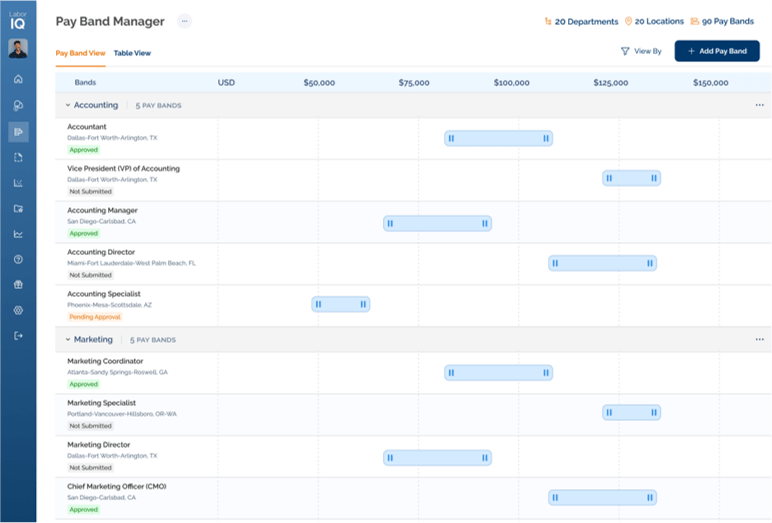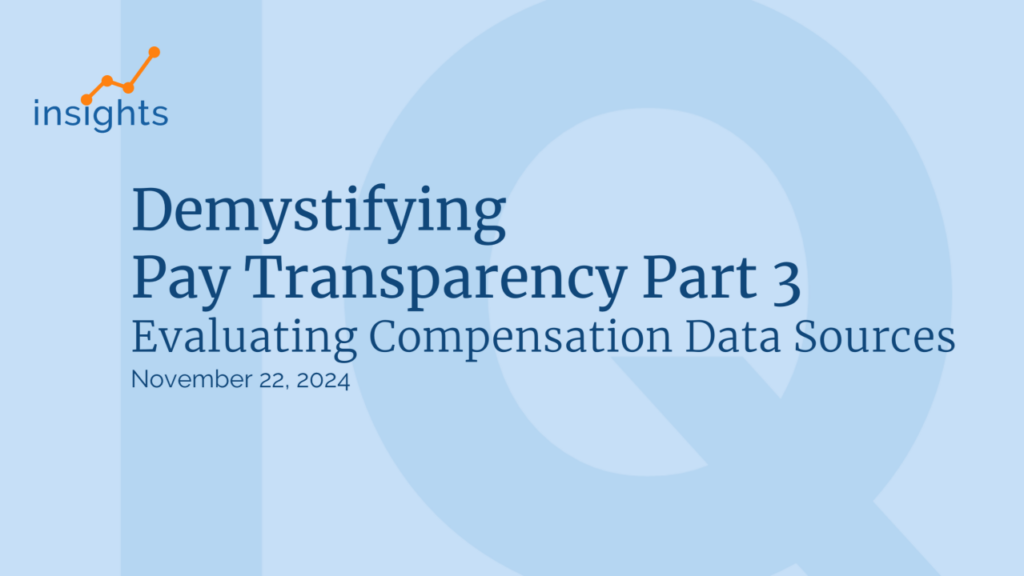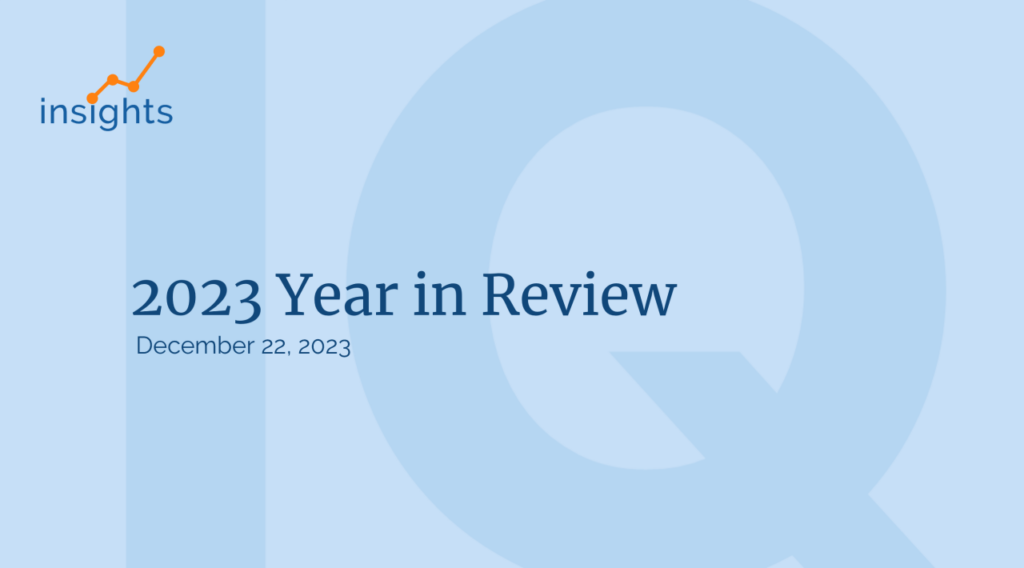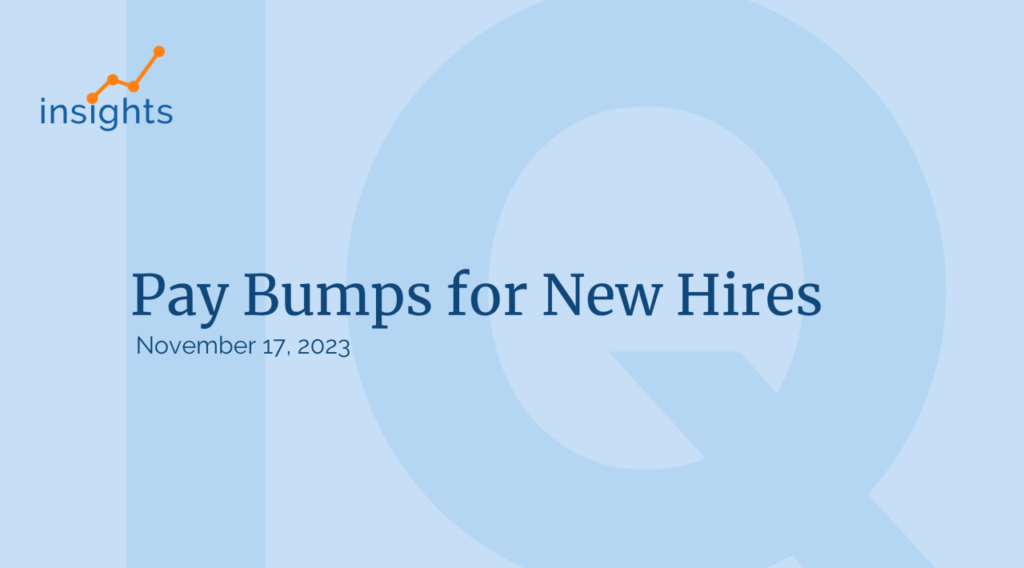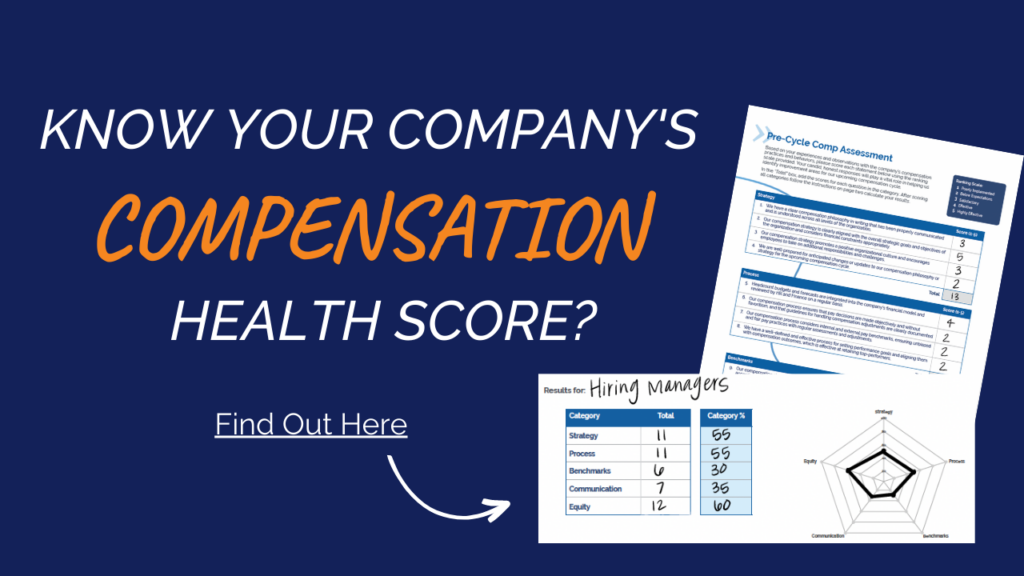Careful compensation planning is crucial. Since 2019, the national unemployment rate has fallen below 4%. As a result, job roles are outpacing job seekers, so competition for top talent is fierce. At the same time, retaining staff when so many opportunities are available is more complicated than ever.
Needless to say, offering fair compensation is crucial to attracting and retaining hires. Fairness, transparency and diversity are top-of-mind for the next working generation. More employees want to see transparent and fair compensation that ensures workers are competitively paid.
But unfortunately, despite the efforts of many businesses, compensation plans are still prone to bias.

This is where standardized compensation planning comes in. A formal system guarantees that everyone is treated fairly and has access to the same information.
So, with that said, this article discusses what your business can do to root out bias in its compensation planning and create fair, attractive salaries for both current and future employees.
Let’s dive in!
The Importance of Considering Compensation Bias
As we’ve mentioned, pay equality is imperative. In fact, more than three out of four workers prefer diverse companies where minorities and genders are represented and treated fairly in terms of compensation and responsibilities in the workplace.
It’s not surprising that non-biased compensation planning comes with lots of perks, including:
- It enhances your employer brand, which should help you attract top talent.
- It helps to boost employee satisfaction and, thereby, staff retention.
- Employees who feel valued and fairly compensated are less likely to let their standards drop.
The statistics suggest that giving thought to compensation bias is imperative. For example, 42% of women say they’ve faced gender discrimination at their jobs. Plus, on average, their wages are 82% of men’s. Also, when women ask for pay raises at the same rate as men; they often receive 5% less.
Needless to say, once recognized, compensation bias can quickly lead to dissatisfaction in the workforce and significantly affect your company’s retention and success.
Removing Bias From Your Compensation Planning
Eradicating bias from HR processes is difficult, despite the best intentions. Many prejudices are subconscious. Unfortunately, hidden assumptions and beliefs can influence our decisions without our knowledge and affect compensation strategies in powerful but subtle ways.
That’s why “blind” processes are often the best way to ensure a non-biased compensation plan. For instance, blind job applications result in 25-46% more women being hired.
The same principle applies to compensation planning. But, again, the key is to look strictly at the data without allowing gender, race, sexuality, etc., to have any part in the equation.
Develop Pay Ranges by Position or Job Grade
One way to achieve this is to assign compensation strictly by job grade or position. This ensures salaries are decided by a standardized system. For example., as soon as an employee enters a new role, compensation is determined without question, regardless of anything else.
Compensation plans should focus on the most relevant information for pay range and clearly define the skill levels, responsibilities and authority granted to the employee.
Conduct Standardized Wage Reviews
The next step to creating an unbiased compensation system is to avoid ad hoc salary decisions. Compensation should always be planned in advance, considering average market rates, skills, experience, etc.
Spontaneous raises can throw off your compensation plan and accidentally create unfair imbalances among your staff. Instead, conduct regular wage reviews based on clearly measurable performance standards every 6-12 months.
When making such compensation decisions, HR should always be involved to help avoid variation due to different management styles.
Avoid Asking About Salary History
Some businesses habitually ask for a candidate’s previous salary during the interviewing process. However, this practice is illegal in certain states like California, Alabama, Colorado, Delaware, etc. – and for a good reason.
Requesting salary history can help to perpetuate existing gender and racial pay gaps. In addition, it enables hiring managers to formulate compensation offers based on previous, biased salaries.
In contrast, researchers at Boston University found that steering clear of salary history discussions can help close payment gaps.
Rely on Accurate Market Data
Finally, the best way to remove bias from compensation planning is to inform your salary decisions using accurate market data.
Compensation analysis reveals fair compensation rates regardless of race, gender, religion, sexuality, etc. Instead, it’s based on experience, performance, job role, location, and skills.
Creating The Most Fair Compensation Plans
Equal compensation planning is crucial for creating a stronger employer brand and ensuring satisfied employees. In addition, today’s workers are more in tune than ever with the injustices they’ve previously faced in the workplace. As such, they’re less likely to put up with any bias or unfairness going forward.
The solution? A fair compensation plan that relies on data. This will go a long way to attracting top talent from a more diverse group of candidates.





